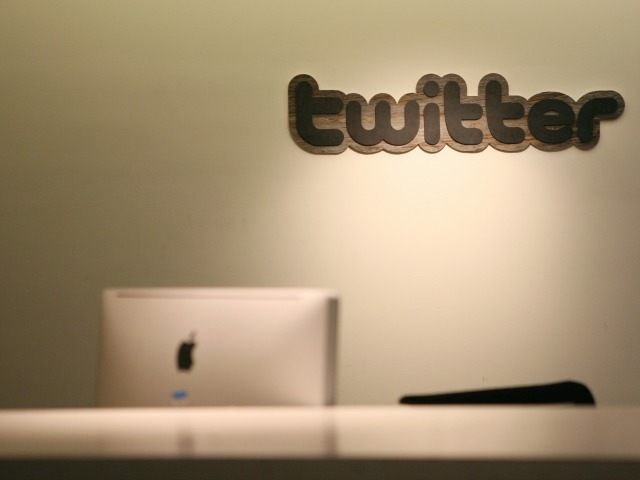Twitter users are expressing their support for people’s right to use so-called “hate speech” on social media, after the European Union (EU) announced they are working with Facebook and others to censor unwanted online speech within 24 hours.
Yesterday, it was reported that Facebook, Twitter and YouTube have “signed up” to a new European Union (EU) “Code of Conduct”, pledging to censor and “criminalise” perceived “illegal online hate speech” as well as “promoting independent counter-narratives” that the EU favours.
Members of the European Parliament were swift to tell Breitbart London that it was “Orwellian,” digital freedom groups pulled out of discussions with the EU, and by the end of the day Index on Censorship, the National Secular Society, the Open Rights Group, and the U.S.-based Free Press all slammed the “Code of Conduct”.
Now, everyday users of the platform Twitter are having their say under the trending hashtag #IStandWithHateSpeech.
https://twitter.com/OffencePolice/status/737752048230400000
https://twitter.com/spinosauruskin/status/737988493188685829
#IStandWithHateSpeech because to hate that which merits hate is healthy.
— (@LaloDagach) June 1, 2016
"Hate speech" is a nonsense term invented by those who seek to control & censor.#istandwithhatespeech
— Sithlord Sabrina ☠️ (@SabrinaLianne) June 1, 2016
This is ugly, but shouldn’t be a crime. Let him wear it and deal with the abuse he gets. #IStandWithHateSpeech https://t.co/kTBZBPDDGY
— Pat Condell (@patcondell) June 1, 2016
When you drive hate speech underground is when you get problems. Hence #IStandWithHateSpeech trending hard
— Martin Daubney (@MartinDaubney) June 1, 2016
https://twitter.com/Holbornlolz/status/737904494680395776
https://twitter.com/EnemyWithinn/status/737899534999814144
#IStandWithHateSpeech because I'd rather be dead than live in a world where these losers are the moral authorities. pic.twitter.com/2HLiYIXA9W
— ✘ Æon ✘ (@X_Aeon_X) June 1, 2016
https://twitter.com/_ThatGuyT/status/737769885024059397
The definition of “hate speech” given in the EU document is: “all conduct publicly inciting to violence or hatred directed against a group of persons or a member of such a group defined by reference to race, colour, religion, descent or national or ethnic origin”.
The arguments against it given on Twitter can be roughly divided between those who did not trust the EU to not politicise their definition of “hate speech”, and those who believe that in a free society even the most ugly, offensive speech should be protected – free speech fundamentalism.
The late Ronald Dworkin, a free speech fundamentalist, philosopher, defender of the 1st Amendment and critic of “hate speech” laws, argued in the wake of the Danish cartoon controversy that people’s right to grossly offend in a multicultural society should always be defended, otherwise the democratic legitimacy of the government was forfeited. He wrote:
“Freedom of speech is not just a special and distinctive emblem of Western culture that might be generously abridged or qualified as a measure of respect for other cultures that reject it, the way a crescent or menorah might be added to a Christian religious display.
“Free speech is a condition of legitimate government. Laws and policies are not legitimate unless they have been adopted through a democratic process, and a process is not democratic if government has prevented anyone from expressing his convictions about what those laws and policies should be.
“Ridicule is a distinct kind of expression; its substance cannot be repackaged in a less offensive rhetorical form without expressing something very different from what was intended. That is why cartoons and other forms of ridicule have for centuries, even when illegal, been among the most important weapons of both noble and wicked political movements.
“… If we expect bigots to accept the verdict of the majority once the majority has spoken, then we must permit them to express their bigotry in the process whose verdict we ask them to respect.
“Whatever multiculturalism means– whatever it means to call for increased “respect” for all citizens and groups – these virtues would be self-defeating if they were thought to justify official censorship.”

COMMENTS
Please let us know if you're having issues with commenting.